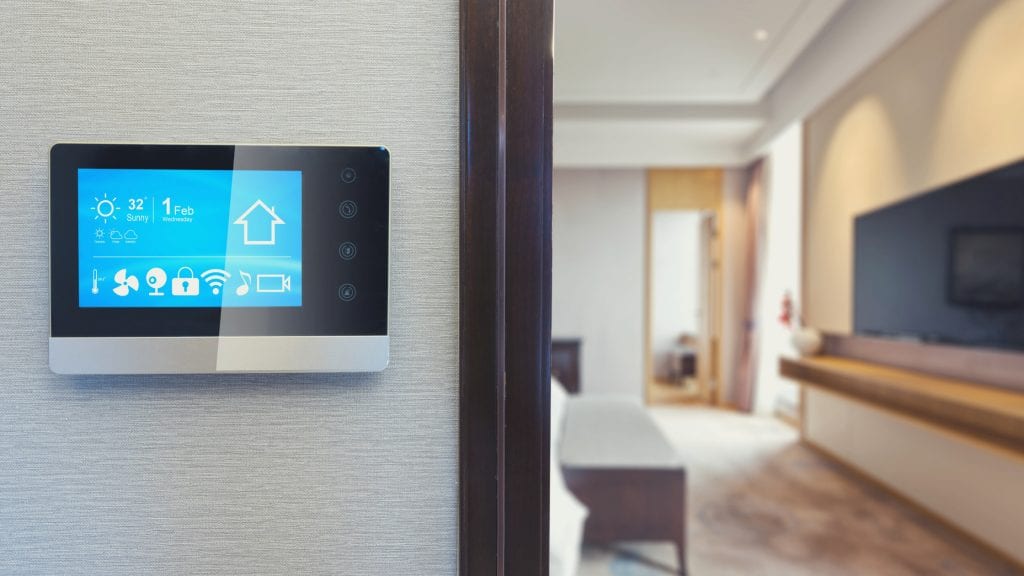
HVAC systems are the one appliance that’s often taken for granted until it stops working. They work hard in the summer to keep you cool and hard in the winter to keep you warm. These systems can be overwhelming to a new homeowner. If you think of your HVAC system like the oil in your car, you’ll be on the winning path. If you take care of it and give it routine maintenance it should last you a long time. Follow these tips and tricks for maintaining your HVAC system as a new homeowner.
HVAC stands for Heating Ventilation and Air Conditioning. Many components make up your HVAC system and they all have their job. Below are the nine components of your system linking out to a deeper dive into what their purpose it.
First, the furnace is for heating. Next, the heat exchanger converts hot air into cold air. Followed by the evaporator coil. This coil absorbs any heat from the air passing over it to blow cool air through your vents. The next component is the condensing unit which gives off heat and is the big unit found outside of the home.
The refrigerant tubes are the next component. This is the copper tubing which connects the outside and the inside unit and holds the refrigerant. Finally, the last component is the thermostat. The thermostat is the device mounted to your wall. It lets you control the temperature in your home by way of sending signals to your system.
If you’ve moved into a new home, change the filter. Your home has probably been sitting most likely on the market. If it’s a new build there could be lots of dust and impurities in the air from the construction site. Homeowners are always forgetting to buy filters. It’s an out of sight out of mind unit that fuels your home until it doesn’t. So keep your filters at the top of your list.
There are several services which offer air filter based subscriptions as a reminder. These reminder services are great for maintaining your unit. Also creating an HVAC filter log also helps with the process. Change filter every 30 days. You can buy filters at any home improvement store. Monthly changes are a good way to avoid allergens especially if you have pets.
Your condenser unit is the unit that sits outside of the home. Make sure that it is clear of leaves, tree limbs, and dirt. Make sure there are no overgrown plants or brush build up around your unit. Trim back any of these obstructions to increase air flow.
Keep your air vents open. This allows for equal distribution of air flow throughout the home. Closing a vent makes your unit work harder. Clean your vent covers monthly to remove dirt and dust build up.
If you notice your home starting to become dusty it’s time to check your ducts. Your ducts could be dirty or leaking air. You will need to call your HVAC technician to patch or clean your ducts.
If your thermostat is battery powered be sure to change it out. Change your batteries at least two times a year. Schedule this to go alongside your tune up maintenance schedule.
Be proactive with maintenance inspections of your unit(s). It’s recommended that you service your unit two times a year. This allows for better chances of discovering and correcting malfunctions. Generally homeowners schedule a maintenance appointment in the beginning of spring and fall. Why? Because these are the two seasons where you might engage the AC or heat. Spring is AC and Fall is furnace.
Finally, general maintenance should include the following. But be sure to check with your technician on what they will be performing.